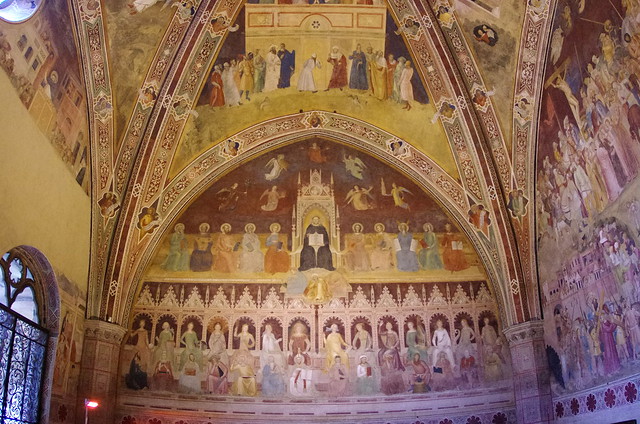Tag: Charlotte Mason
-
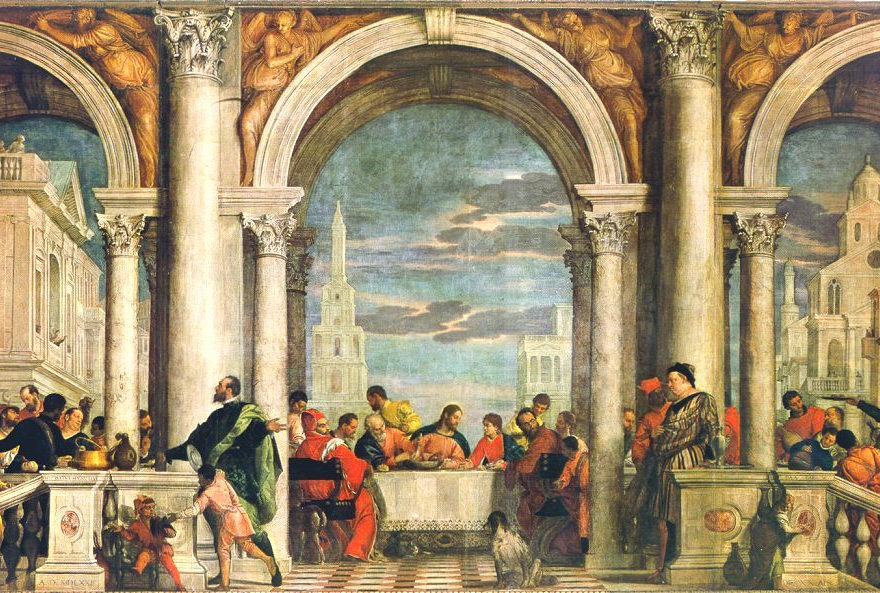
Why the History of Narration Matters, Part 3: Narration’s Rebirth
In my previous two articles I framed my discussion of the history of narration with the controversy between Charlotte Mason and classical Christian education advocates. I suggested that narration’s history may be a fact that puts to rest the false dichotomies of either side. While Charlotte Mason did claim discovery of certain principles related to…
-

Three People You Should Listen to in 2021
As 2020 wraps up there is much to be grateful for in the midst of one of the most difficult years we’ve experienced as a society. Today is Boxing Day, which is a great day for gift giving, reflection on the year past and perspective on the year ahead. (When I lived in the UK,…
-

Training the Prophetic Voice, Part 5: Internalizing the Prophetic Message
So far in this series, we have explored the theological and biblical paradigms surrounding our understanding of what it means to speak prophetically. It centers around God’s divine revelation to humanity and then becomes expressed through people who take up the message of God’s truth and speaking truth into new contexts. The model of discipleship…
-
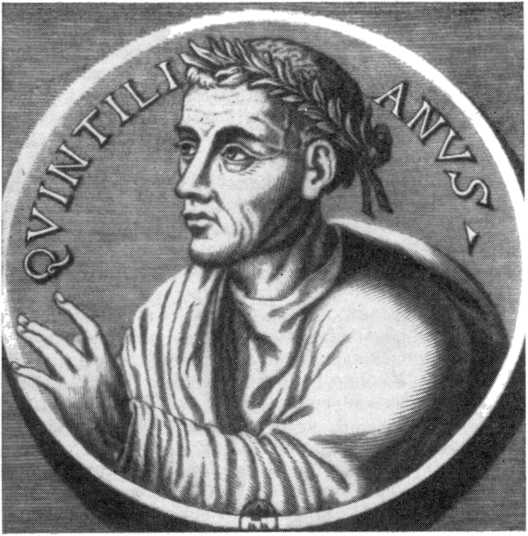
Why the History of Narration Matters, Part 2: Classical Roots
In my last article I shared the first piece of why the history of narration matters: it has the potential to break down the barrier between the Charlotte Mason community and classical educators. There are some notable exceptions who have tried to cross the aisle, but for the most part these two groups have kept…
-
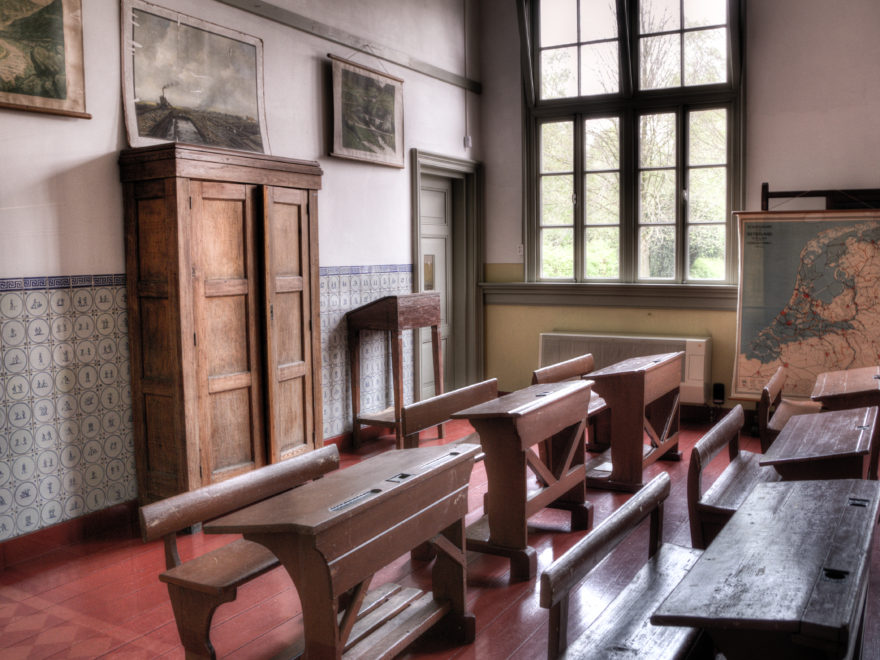
Why The History of Narration Matters, Part 1: Charlotte Mason’s Discovery?
I’ve decided to put the series on Bloom’s Taxonomy vs. Aristotle’s Intellectual Virtues on hold for a couple months after contracting with Classical Academic Press to film two courses in December for ClassicalU: one on narration and another on Charlotte Mason’s philosophy for classical educators. So I’m returning to the topic of narration and Charlotte…
-

Work, Toil, and the Quest for Academic Rigor
American educational culture is obsessed with the idea of academic rigor. It shows up on marketing materials, core value statements, and school comparison charts. Rigor has become the gold standard of education, separating the wheat from the chaff and the excellent from the mediocre. Public schools, private schools, classical schools, progressive schools–they all claim academic…
-
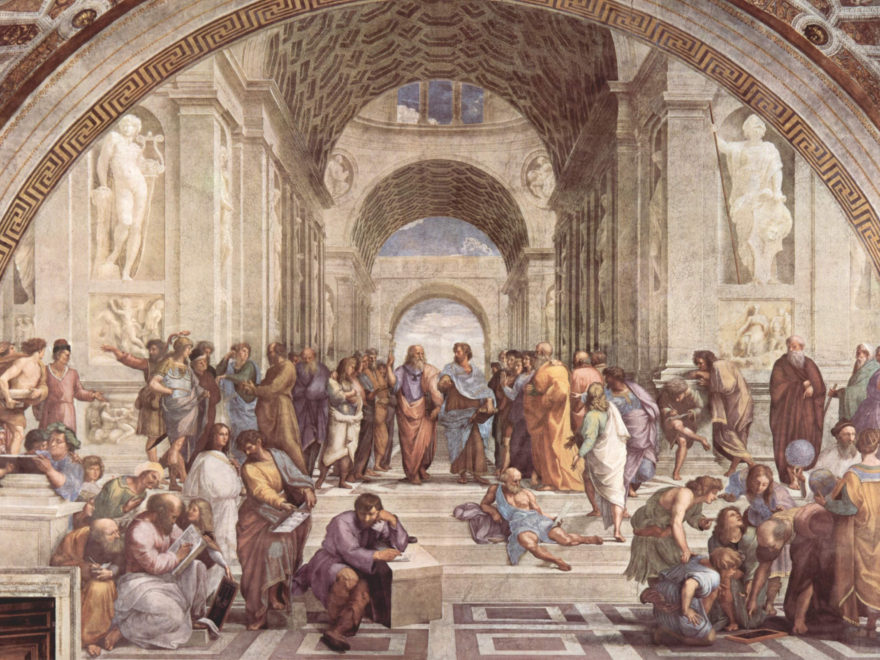
20 Quotable Quotes from the First Half of 2020 Educational Renaissance
At the end of 2019 we shared a series of memorable maxims from that year’s blog articles. As we transition toward the next half of 2020, we thought we’d do something similar and share 20 Quotable Quotes from Educational Renaissance articles January through June. These are longer block quotes that will whet your appetite for…
-

“Teach Like a Champion” for the Classical Classroom, Part 3: Check for Understanding
It’s happened to every teacher I’ve ever met. You put together a great lesson, one that you are sure will engage the attention of your students and draw them in to explore some new concept or idea. After teaching the lesson and providing opportunities for students to engage, you confidently pass out the exit slip,…

